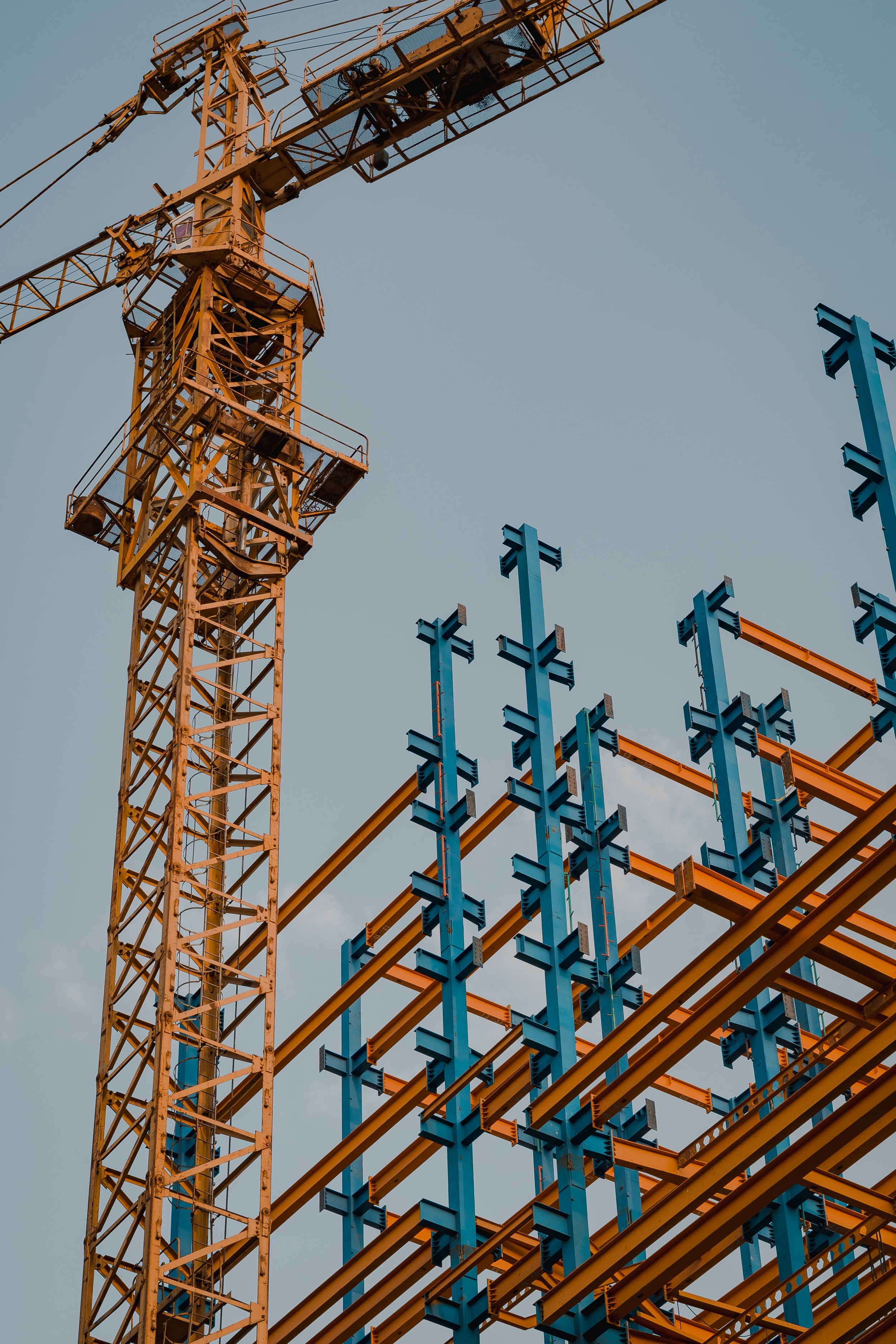
Why is Construction Equity Critical?
Only 2.7% of the Construction trades are female.
9.1% in the entire construction industry
Only 1.2% of city contracts awarded to Black and Latino businesses
GBH News Center for Investigative Reporting revealed that just 1.2% of the city’s contracts went to Black and Latino businesses over a five-year period.
Merely +4.0% SEDI Participation/ Annually.
The total number of women and people of color led companies varies between 4% - 6% annually.
575.5 Billion GDP/ Annually.
The vast U.S. construction industry is valued at over $5.75 trillion in 2023. Construction is the 10th largest industry in the country and accounts for approximately 10% of the U.S. total GDP.
88.6% of Construction Industry Workers Identify as White
90% of this population is Male.
60% of SEDI workforce is employed by diverse SEDI owned companies
The Problem
Relatedly, the racial wealth gap in the U.S. is large and persistent, and it stands to reason that enhanced resources and policy changes that close entrepreneurship gaps could help close wealth gaps in Black and Latino or Hispanic communities—particularly, efforts that focus on business ownership in industries poised for scaled growth. The reverse dynamic is also the case: Limited access to generational wealth (the byproduct of past injustices) means that would-be Black entrepreneurs begin with less capital and fewer capital networks (particularly risk-based equity capital) to start and grow their own businesses.
For those who surpass the hurdle of starting their businesses unfortunately for them, they are still too small to compete for large prime contracts. For example, a large segment of the Socially and Economically Disadvantaged Individual (SEDI) led construction companies hover around annual revenue of 20 million or less. While notable, the annual revenue limitations make it impossible for these POC and women-owned companies to compete for larger contracts, increase market share, scale economically, and close the wealth gap.
The Solution
SRGE will drive impact in 3 areas:
Capacity Building
Access to Networks
Access to Capital
SRGE is committed to alleviating systemic obstacles in four distinct regions; New England, Mid-Atlantic, Midwest and Southeast, where construction activity exceeds 10% of the national Construction GDP. Scaling SEDI-led companies, across all construction sectors is critical. All growth pathways are needed.
Such resources increase the participation of SEDI-owned companies in 3 sub-categories:
Clean Energy
Infrastructure
High Performance Building
THE SRGE.
SRGE is a one-of-a-kind, full-service accelerator helping socially and economically disadvantaged individuals leading construction companies. Our support drives success for small firms, including BIPOC, Women, and LGBTQ+, contributing to the success of the built environment. SRGE leverages industry leaders, and surrounds small businesses with a network of the most powerful business partners across three major market sectors: Commercial Construction, Clean Energy, and Infrastructure. The SRGE will give small, Socially and Economically Disadvantaged Individuals (SEDI) led construction companies tools, best practices, and innovations to elevate businesses. SRGE provides a wide range of services to accelerate strategy and scale throughout the nation.









